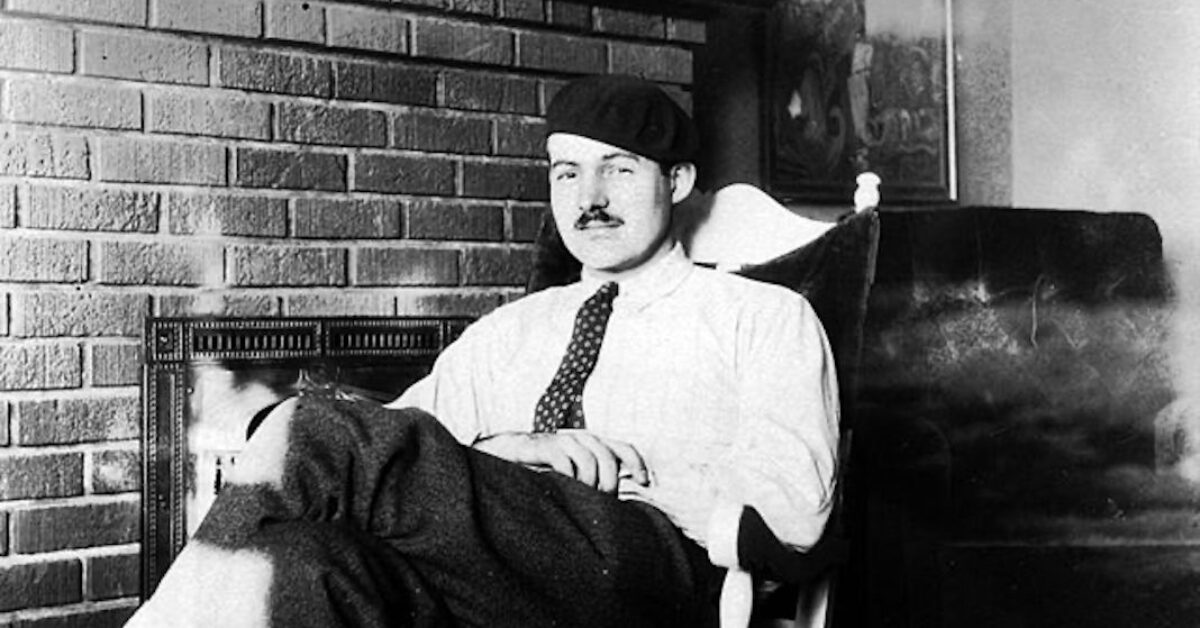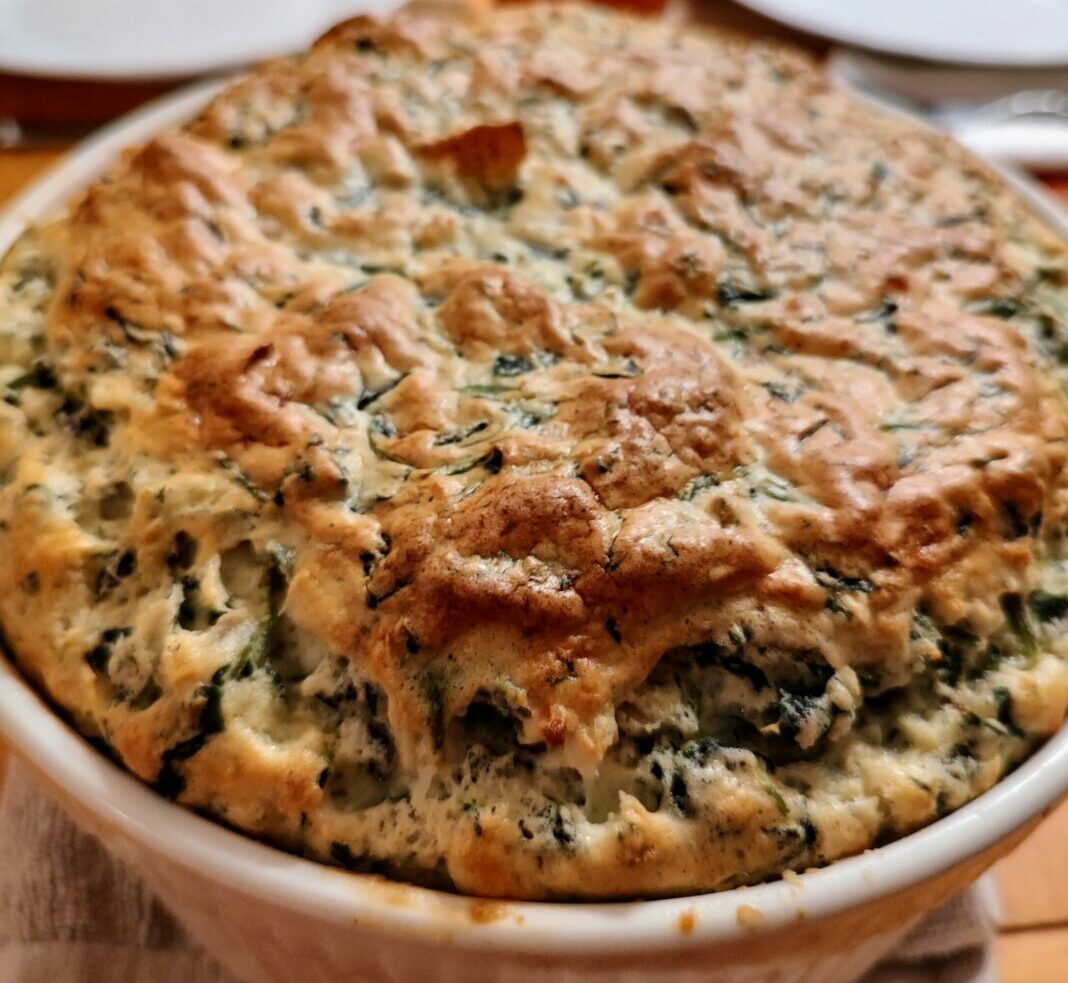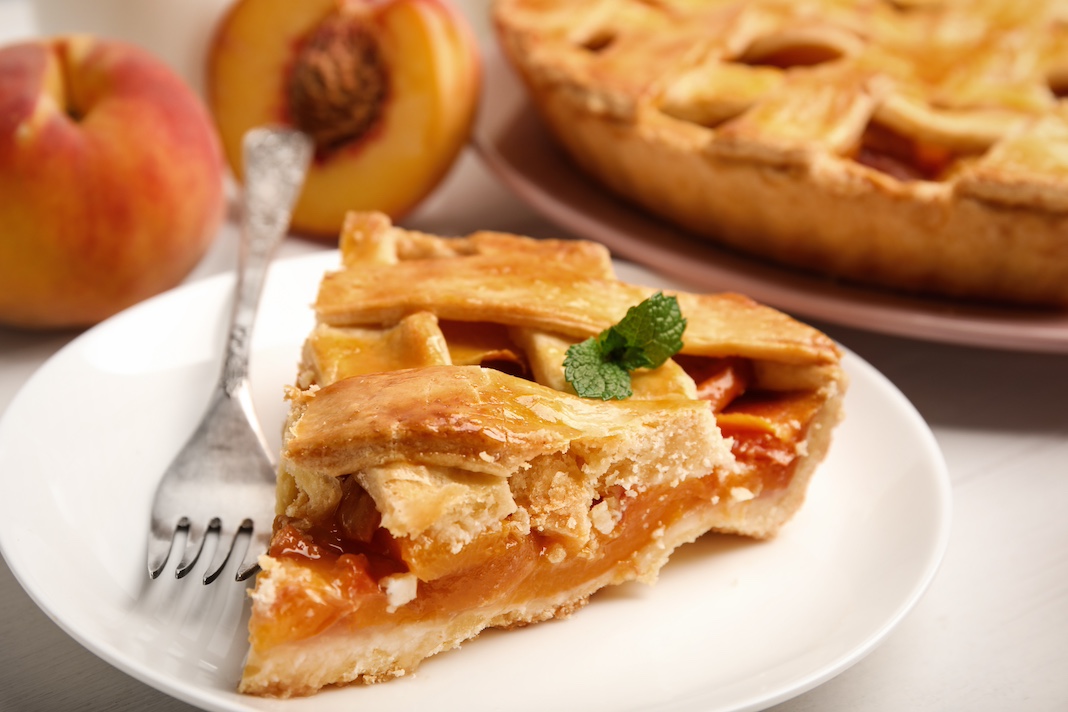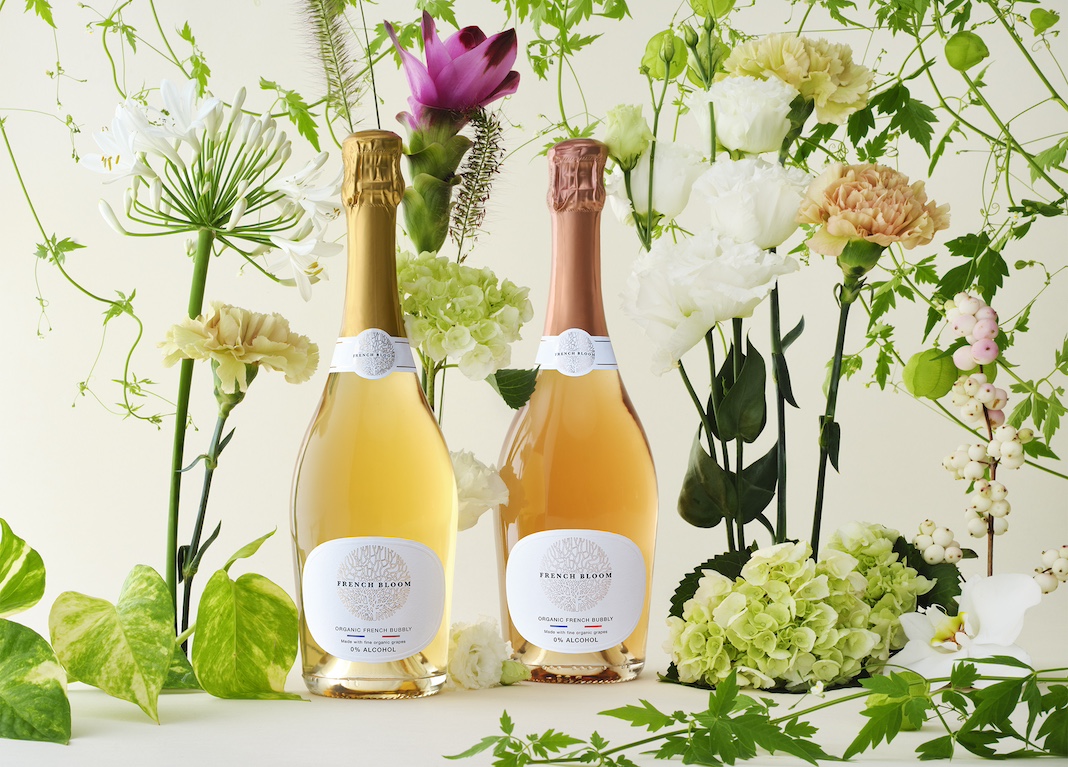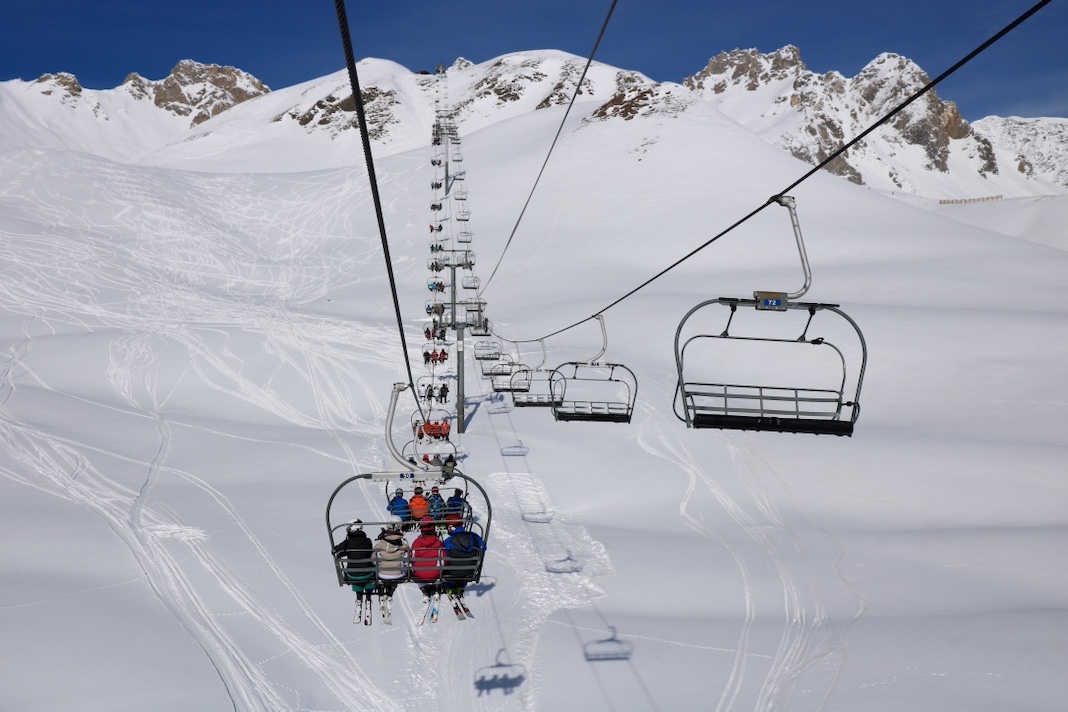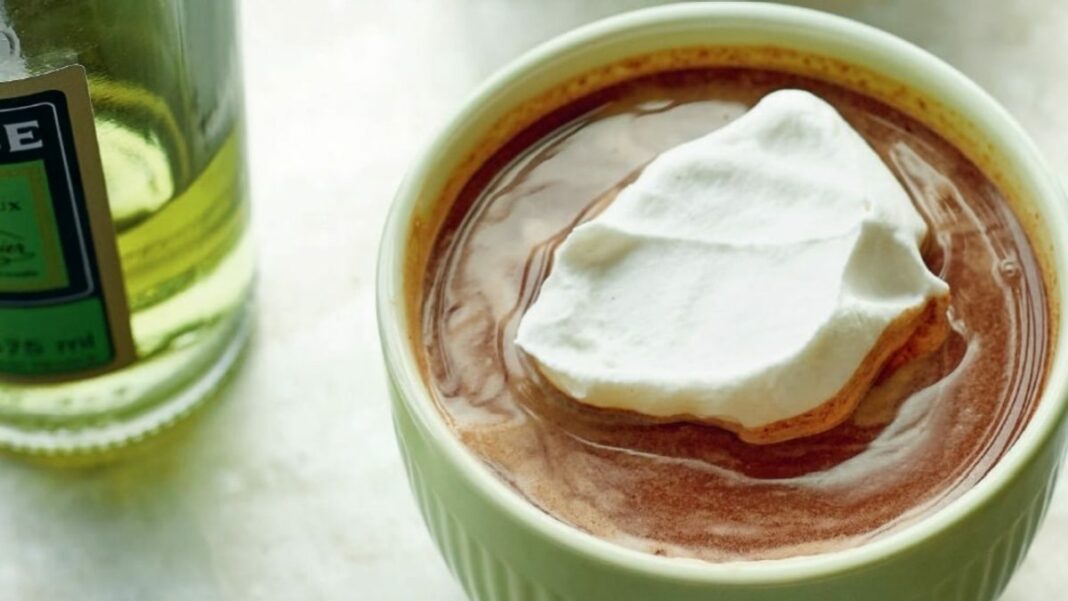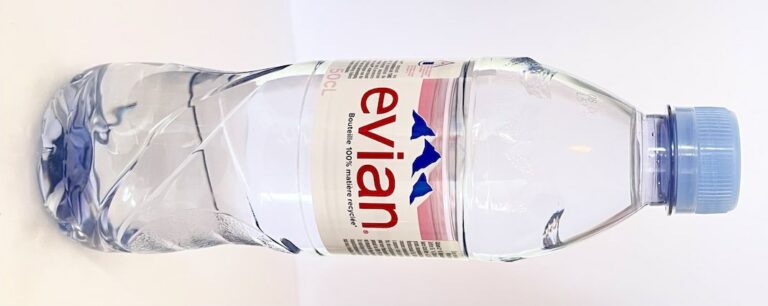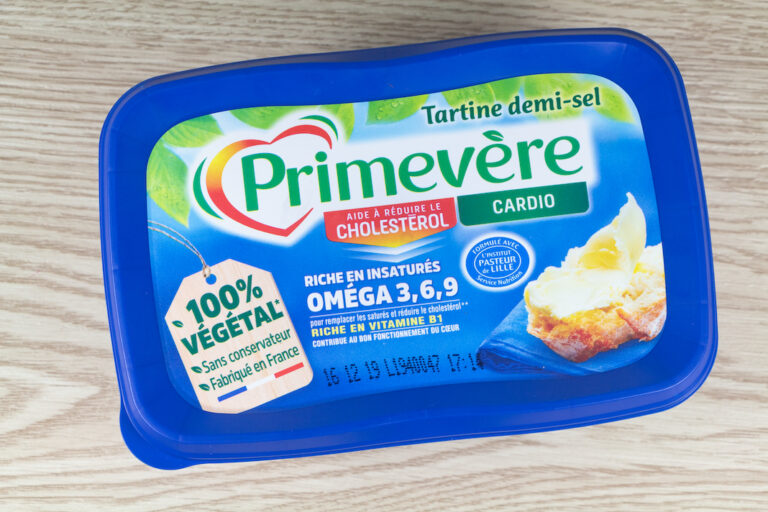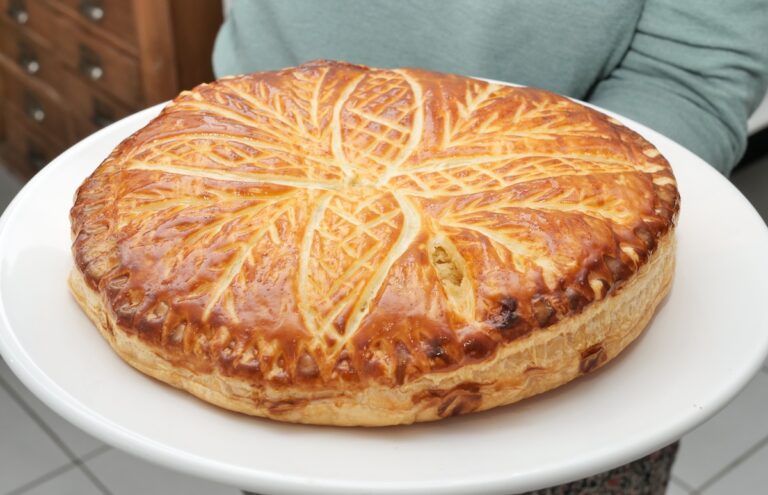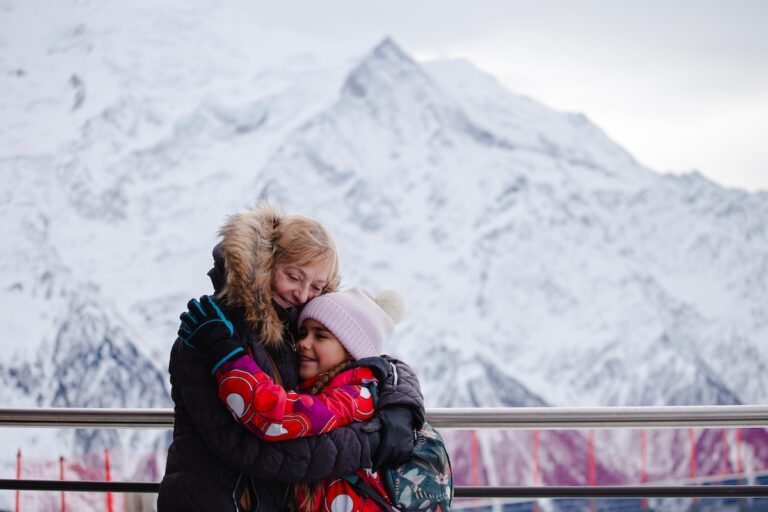January 19, 2024
Dear Frenchly Readers,
I have been thinking a lot lately about the hold France can have on the imagination and soul. It may be because we are taking my Dad to Lyon in February and I’ve been thinking about places to take him: The Musée des Beaux Arts and, especially, the Janmot paintings there; the classic Lyonnaise bouchon, Denise and Daniel; the Gallo Roman Amphitheatre; our favorite bandes dessinées store; the market where I love to buy fresh bay leaves among other amazing comestibles; the square where we once played frisbee in twilight; the small shop with the enormous meringues; Les Halles de Lyon Paul Bocuse. My list could go on and on. And, even so, we are saving a date for a day-trip out of the city, if we can bear to part with it.
It’s possible that anything that is different from our homes in some important and inspiring ways can get into our hearts. This is why so many of us love books and films. We love to step into another world. Sometimes the writer is doing that, too. Think of outsiders writing about “other” places, like Isak Dineson’s Out of Africa; Alexandra Fuller’s Don’t Let’s Go to the Dogs Tonight; E.M. Forster’s A Room With a View or A Passage to India. Gertrude Stein, Hemingway or Fitzgerald writing about France; or, conversely, James Baldwin writing about the U.S. from France. Or the Bengali-American writer, Jhumpa Lahiri, who now writes in Italian after moving to Italy.
What’s interesting to me is the ways that in both large and almost unseeable ways, a place can lodge inside you and inform the life you go on to lead back home, or the one you write, years later, even if you are a continent and an ocean away. It doesn’t have to be in obvious A Year in Provence type ways, either.
I find that because I moved to France at such a young age, there are words that I think of first in French, not English: “Gomme,” for instance, came into my head the other day, instead of “rubber.” When something hurts, I think first of “ça pique,” not “that hurts.” “Soupçon,” for “a little bit.” My kids use these words like they are English, this is what they know. And I believe that binds them to France, and also just other sounds, thoughts and cultures other than American. The same goes for Spanish–I say “miga” for the soft center part of bread, because my mother brought us up saying that. People likely think I am dim, more often than not, as sometimes there’s a hesitation while I shift from the non-native tongue back to my native tongue, even though we are standing in a Target parking lot. And now my kids say “miga,” which I’m sure their friends don’t understand.
When I was writing my novel, Pete and Alice in Maine, somehow I knew that Pete and Alice needed to have gone to Paris at some point. I gave them a page or two in a junk shop in the Marais–it’s a small story, within the larger story of a marriage on the brink of collapse. But it’s important because it shows some confusion on Pete’s part when someone has a negative reaction to him; his entitlement is so soaked into his being, that a weird moment with a shopkeeper lingers with him. We’ve all had so many moments like this–good and bad–that explain how we look at the world.
I was thinking about this, especially, this week, because Frenchly food writer, our Bouffe columnist, Kate Christensen, has a new novel that just came out called Welcome Home, Stranger. In her novel, a middle aged, on-the-wagon woman comes home to Maine after her narcissistic mother dies. Not only is her novel a send up, in many ways, of the self-satisfied wealthy liberals that have found their various ways to Portland, Maine, but it’s also a commentary on the haves and have nots in a boom town, as well as mental illness, psychic pain and salvation. I have read the book now twice and am interviewing Kate next week on stage when she comes to Maine to promote it. But in the meantime, I wanted to see if her love of France had any influence on Welcome Home, Stranger and also how France might have influenced her as a writer. Below is our conversation. See if you can find the key sentence about the above theme, which I have underlined for you. (:
1. Tell me about when you first set foot in France, how and why and at what age?
When I got to France at the end of August 1980, I was fresh out of high school and had just turned 18. I flew there alone from Arizona with nothing but a backpack, a job offer, and an open return ticket.
2. Then you lived there for a time, right?
I spent the year working as a fille au pair for a family with four small boys, living at Chateau de la Mhotte, a Waldorf school in the Allier, outside the town of Moulins—the dead center of France–a muddy, bucolic rural district with a lot of cows, trees, and fields. It was very beautiful and very lonely.
3. You wrote an essay for Frenchly about moving to France and your first boyfriend there and sharing a peach pie. Can you tell me which you fell in love with more, the country or the guy?
To this day, I’m not sure. François was so quintessentially French, and France was so romantic. He was my age, also 18, a cellist about to study philosophy at the Sorbonne. We had a lovely, heady affair in Paris for the week before I flew back to the States. We swooned all over the city in a bubble of new love, and then I flew home and never saw him again. But I never forgot him.
4. You told me once that you ran away to France after a bad review for a book. I love that idea—the idea of running away to France, a refuge, a safe haven. We have all wanted to run away to France, haven’t we? Why do you think that is? Or why was it for you?
Oh God, that was the weirdest, dumbest review I’ve ever gotten, and I’ve had some doozies. I’m usually better able to stomach such things, but it hit me at a raw, vulnerable time. As it happened, my sister had rented a farmhouse in Bordeaux for the month and had invited us to join her. Immediately after the review came out, I got on a plane and fled there with my husband, Brendan. Going to France was the perfect antidote for a professional public shaming, which is what a bad review feels like.
Everything about France suggests that life is to be enjoyed, not lamented. Tant pis, I got a bad review, but life is short! We took long walks through the countryside and had lunches in local village restaurants. I cooked with my sister in the huge old kitchen. We ate dinners together at a long table outside with my sister and her family and some of their local friends. At one point I announced, “Going to France is the best revenge.” I think that holds true for any slap in the face life delivers.
5. You love to cook and you love food. You write our food column for Frenchly, called Bouffe. You wrote two memoirs about food, Blue Plate Special and How to Cook a Moose. Did your time in France help develop your love of food and/or that kind of food writing? Or were you always like that, Betty Crocker at 12?
I was passionate about eating as a kid, but living in France that year was an awakening. Some of my most vivid memories are of learning to forage and eat wild plants: picking chestnuts up off the ground and roasting them in the fire (I can still feel the sharp ache under my right thumbnail from peeling them), pulling bright green watercress from the stone pool for salads, picking nettles from the roadsides for soup (wearing gloves, of course), and collecting wild blackberries from the tops of bushes, cooked with apples from the orchard. I have vivid taste-memories of all those things—nutty, mealy roast chestnuts; peppery, fresh watercress; deeply delicious nettle soup with its very faint fishiness; and sweet-tart fruit compote over yogurt for breakfast. That luxurious excitement of finding food in the wild has never left me.
6. Do you think did living in France when you were so young shaped you as a writer?
Being a stranger in a strange land is always good for a writer. I was a kid from Arizona who plunked myself down in a place where I knew no one, didn’t speak the language, was expected to work hard, and had no clue what this whole place was about. I’ve always moved around a lot in my life, so this feeling was already the norm for me. But when I got to Château de la Mhotte, I was gobsmacked by how strange it all was. I spent the cold, rainy winter studying French verbs in my room after my long workday was over. I worked hard during the week, and on weekends, I went on little adventures, long walks through the countryside by myself, hitchhiking around central France with my friend Elisabeth to explore a bit, and a couple of thrilling trips to Paris.
Being eighteen and alone and learning a new language and immersing in a new culture, getting to know some history firsthand, as well as art and food, was the best thing that could have happened to me at that age. I was wide-eyed, hungry for it, taking it all in. I’ve never written about this time directly in my fiction, but it’s all still with me, that heady excitement.
By the end, I was fluent in French, I had friends, I’d made a place for myself, and I’d even fallen in love. I went back to America knowing so much more than when I arrived, and that has shaped my sense of writing. When I start a novel, I don’t know anything. But I know that if I keep going, I’ll find out what I need to know.
7. In your new novel (and all your writing) you write in such a sumptuous way, like you are making a meal. Can you walk me through a scene from your new novel, Welcome Home Stranger, which is about a woman who goes home to Maine in the wake of her mother dying, and tell me what the characters were eating or drinking in that scene and whether those choices were a big part of what you were writing?
There’s a family dinner toward the end of the book. My narrator, Rachel, is up at her grandfather’s old camp in the North Maine Woods, and her Aunt Jean serves the gathered family a dinner of canned corned beef, onions fried in bacon fat, and boiled egg noodles, saying, “It’s not fancy, but there’s plenty of it.” This is a novel about Rachel’s complex and hard-earned homecoming to Maine, and this meal exemplifies all of it to me, especially the pragmatic generosity of Mainers, who are famous for taking care of their own with what they have. My narrator eats this meal with newfound gusto and a couple of cans of cheap cold beer, realizing that these are her people, and this is her place. It’s as much about the food as it is about the setting and characters.
8. What is your personal French madeleine? Something you carry with you from France in your psyche.
Historically, it’s the zucchini I ate the year I was 18. It was just plain zucchini! But it was fresh-picked, small young zucchini, thinly sliced and perfectly softened in butter from the nearby farm, seasoned with flakes of sea salt in a little dish we passed around the table. I described it in Blue Plate Special: “They called the zucchini courgettes, but they didn’t fool me: I knew that stuff when I saw it. I remembered all too well the horrible stuff from our Phoenix backyard… I sat down with disappointment and dread. And then I tasted the zucchini. It was sublime, subtly multidimensional in flavor and velvety in texture, not like zucchini at all but some fairylike, delicate thing of palest green, very fresh, with an herblike essence. That zucchini woke me up to the idea that food had possibilities and qualities that I had not suspected.”
And most recently, it’s the dozen fresh plump briny oysters I ate for lunch once in the village of St.-Briac-Sur-Mer in Brittany. It was as close to mouth-nirvana as I’ve ever come. I wrote about that, too for CNN, and described it thus: “Those oysters were plump and robust but awesomely weird, unlike any I’d ever had: mineral, flinty-tasting, zinc mixed with succulence. Their deep, shaggy shells were filled with brine. The flat tops of their shells, like caps, contained nuggets of oyster meat we chewed off before emptying each oyster body down our gullets, seawater and all.”
9. What French dish can you make in your sleep? Have you ever written about it?
Spinach soufflé, and I wrote about it for Bouffe!
10. What French food are you planning to make next?
Although I try to be at least a quasi-vegetarian, I’ve had my eye on steak tartare for a long time. For me, it’s like oysters or caviar or bacon—something so essential and singular, it transcends classification. Every time I see it on a menu, I order it; I’m often disappointed, because very few chefs actually know how to make it, or they unsuccessfully try to reinvent an already perfect recipe, put their own stamp on it, to its detriment. But I keep hoping. It’s a compulsion for me.
I’ve never actually made it. But Brendan just bought a heap of frozen beef from a share of a cow from his family’s ranch in Colorado, so we have a chest freezer filled with the best possible meat from a cow that ate grass with its friends in the sun. I have an ideal version of the dish in my mind, and I think it might finally be time to try to create it for myself with a side of homemade fries.
11. Will you write about it for us?
Of course!
À cuisiner, boire, regarder et lire ce weekend:
It is damn cold where I am. The perfect weekend for ice skating and verte chaud, which is hot chocolate with a soupçon of Chartreuse. Check out my recipe here, and my Le Weekend about writing about Verte Chaud, here. (A lot of French people call this a Green Chaud!)
I am interested in giving up my iPhone for a flip phone, like this reporter did. I am so tired of looking at it. Sometimes I find myself looking at the iPhone and having no idea why I am looking at it, I just am staring, aimlessly. Do you do that?
This weekend, when I am not skating or drinking Chartreuse, I am interested in this new documentary on Netflix, The Billionaire, The Butler and the Boyfriend, about Liliane Bettencourt and the scandal that surrounded her. She was considered the world’s wealthiest woman, the principal L’Oréal shareholder (her father’s business), and gave her millions to an artist/photographer/boyfriend she became enthralled with, royally pissing off her only child, her daughter. Should warm me up with fresh outrage on a chilly weekend.
À bientôt,
PS: If you like these Le Weekends, please forward them. Frenchly is growing and improving and we want as many people to know about our writers and interesting subjects as possible!
Did you get forwarded this email? Sign up here on our homepage at the sign-up widget to receive this newsletter every Friday in your inbox. I’ll give you news, films, recipes, books, stories and more every Friday afternoon to help you plan and enjoy your weekend! All for free!
If Le Weekend is going in your junk or spam or promotions box, please add us to your contacts by clicking on the address and hitting “add contact” or by dragging “Le Weekend” into your regular inbox, so you don’t have to hunt for it each week.
If you have missed any of my Le Weekends or are new to this newsletter (or just want to go find a TV show, podcast, singer, movie or recipe I once mentioned) they are all here on Frenchly.us.
Come find us on Twitter, Instagram, or Facebook.
And to advertise with us, contact our great sales team here.

